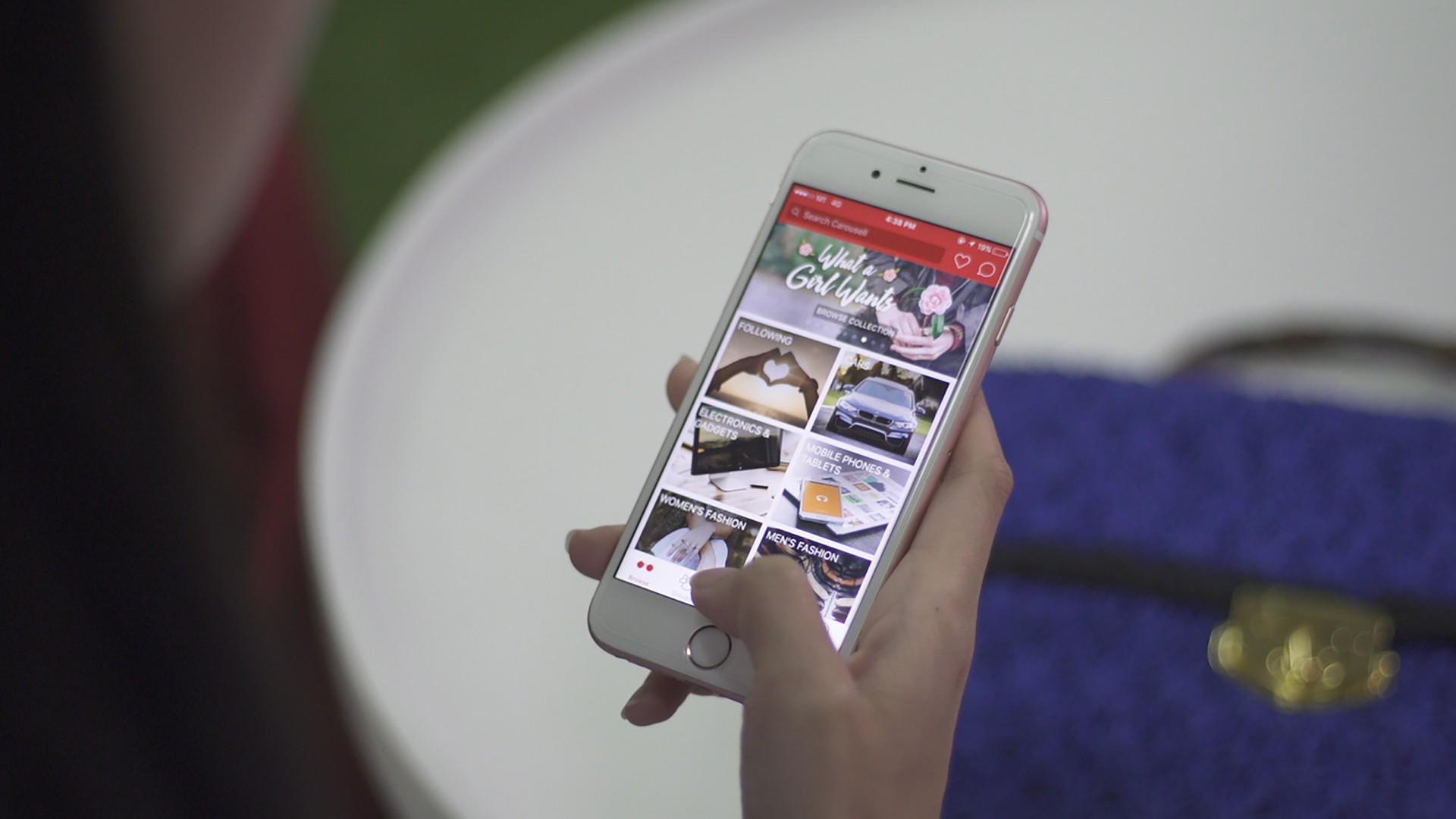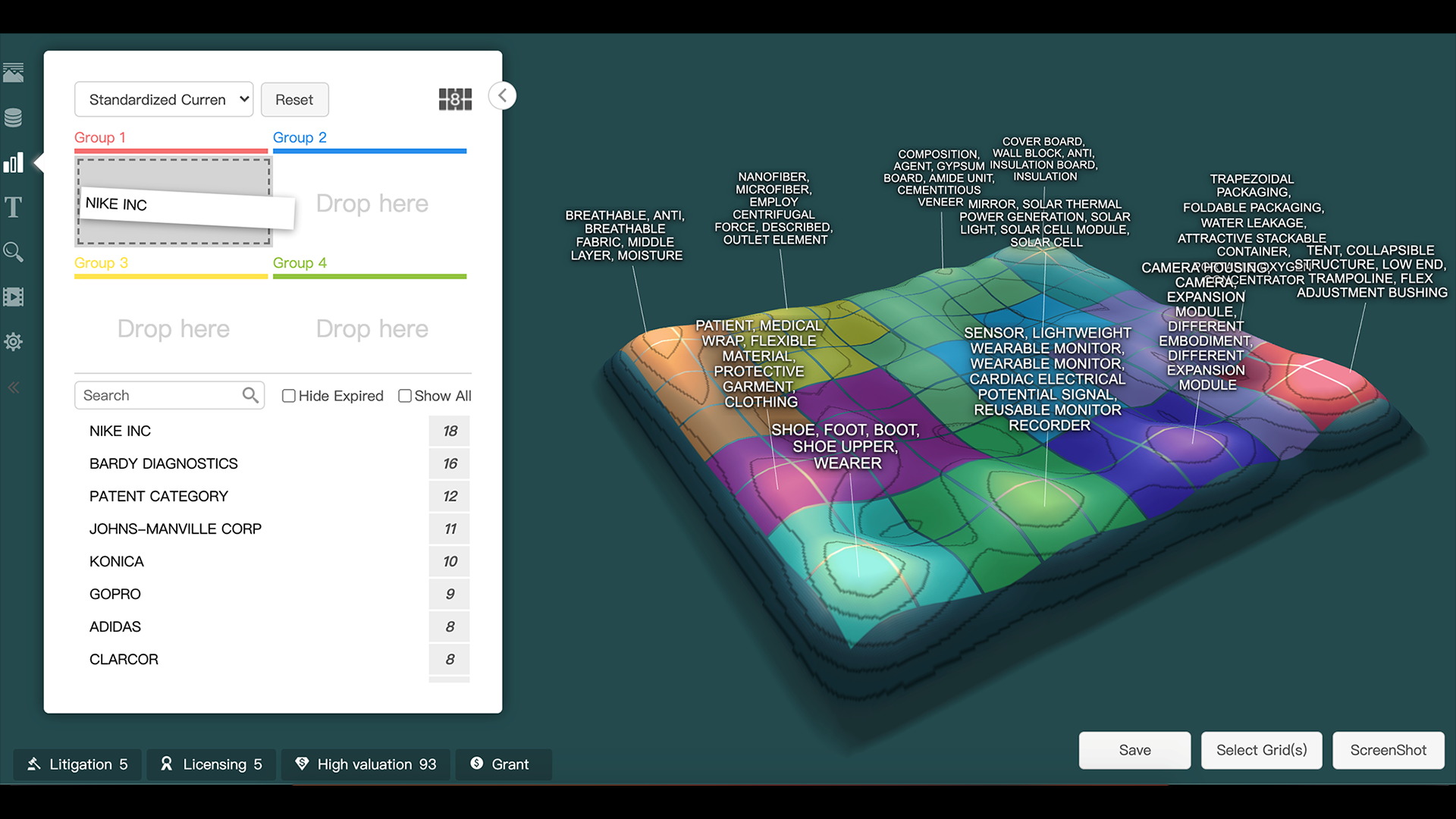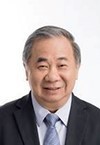Looking to 2022: Opportunities for start-ups in the New Normal
January 17, 2022

| By Professor Freddy Boey |
If 2021 was the year we came to the realisation that COVID-19 was likely to be endemic, we can look forward to 2022 as the year we will continue to make strides towards COVID resilience and better adjust to this “New Normal.”
The prolonged pandemic has taught governments, organisations and individuals to function more like a start-up: to be adaptable, flexible and resilient in the face of uncertainty and constant change. For start-ups and entrepreneurs, themselves, the “New Normal” offers new opportunities. Here are just a few trends to be aware of:
1. Expect more unicorns
Despite fears for the economy, the growth of many start-ups has actually been fueled by the pandemic and the attendant increase in digitalisation across numerous industries. 2021 was particularly significant for NUS Enterprise: two decades after our founding, five start-ups from our BLOCK71 community, including NUS Overseas Colleges (NOC) alum companies PatSnap and Carousell, became unicorns when their valuations topped US$1 billion, a reflection not only of Southeast Asia’s growth as a start-up hub, but NUS’ centrality in this ecosystem. We also observed several of our successful entrepreneurs hire our students, form new start-ups, and/or invest in others, helping contribute to a virtuous cycle of talent and capital growth.
As we move into 2022, we can expect more unicorns to emerge from the region, aided by the rising middle class, a young population open to new technology adoption, and increased investor activity. And as these companies mature, we also expect to see more acquisitions and public listings.
Companies to keep an eye on? NOC alum start-ups PatSnap, Carousell, Circles.Life and SWAT Mobility have all been reported to be considering an IPO in the future.
2. Differentiation through Deep Tech
The fact that multiple COVID-19 vaccines have been developed to date is nothing short of astounding. Other innovations, including NUS-developed saliva tests, nasal swabs, and protective devices, have an important part to play in meeting testing needs and minimising virus exposure. They also speak to the importance of investment in basic and applied research, as well as the transformative nature and outsized impact deep tech can have in addressing complex problems facing the world.
From climate tech and cybersecurity, to biotech and blockchain, deep tech start-ups will continue to gain traction in 2022, in line with increased investor interest and government support. Typically based on years of scientific research and backed by patented technologies, these start-ups will also have a competitive edge due to their focus on high-impact issues and ability to create new markets.
For its part, NUS is playing a key role in generating Singapore’s deep tech deal flow. Our Graduate Research Innovation Programme (GRIP) has furthered more than 100 deep tech projects since 2018. Graduates of the programme have gone on to raise more than $17 million in external grants and funding. Continuing this momentum, this year we will be launching the Technology Access Programme (TAP), specifically designed to help entrepreneurs and corporate innovators discover cutting-edge innovations and opportunities for their application. Backed by our experience in venture creation and technology commercialisation, the executive programme will guide participants on taking intellectual property from lab to market, while providing them with access to NUS technologies, resources and networks.

3. A re-balancing act at work
Headlines surrounding the Great Resignation ring true in countries around the world. For employees caught between balancing remote work, home-based learning and childcare, the pandemic has forced a reassessment of priorities and a redrawing of lines between work and home life. As a result, many jobholders are opting to switch employers, become professional freelancers or entrepreneurs, or even defect from the work world entirely.
Faced with increased competition to attract and retain talent, companies are called upon to provide greater flexibility, be more empathetic, and invest in a sustainable work culture. As a result, employers may increase retraining of existing staff, while broadening their search for new tech talents internationally as they embrace remote or hybrid work models. This shift in how work is viewed and conducted also translates into new openings for start-up solutions –from no-code/low-code technologies that replace the need for specialised hires, collaboration platforms for decentralised workforces, to corporate wellness solutions that offer better support to employees.
As one example, NOC alum start-up MindFi pivoted during the pandemic from a consumer-facing mindfulness app to a mental wellbeing platform for the modern workplace, operating with the vision to promote positive minds and productive workplaces.
4. The need to think globally
One of the harder lessons of the past two years is how a lack of global cooperation has prolonged the COVID-19 pandemic, particularly in the area of vaccine distribution and observed “vaccine nationalism.”
And while cooperation at the level of international institutions and between governments is vital, the importance of collaboration and global ties holds true at a smaller level as well. For researchers and businesses tackling other global challenges, such as climate change or food security, a willingness to work with others- even competitors- can be key in paving the way for fundamental change. This is particularly true in an interconnected world where complex issues transcend borders.
NUS’ orientation has always been global in nature, and one of the rationales for our NOC and BLOCK71 programmes is the opportunity they provide for our students and start-ups to gain exposure to and forge connections in overseas markets. In addition to considering new locations for these programmes, the NUS Guangzhou Research Translation and Innovation Institute (NUSGRTII) will open this year to promote technological innovation and talent development between Singapore and China. It is our aspiration that these initiatives deepen NUS and Singapore’s connectivity to the world, while helping to produce start-ups and entrepreneurs that think globally.
About the Author

Professor Freddy Boey is the Deputy President for Innovation & Enterprise at NUS. He oversees the University’s initiatives and activities for innovation, as well as entrepreneurship and research translation. An academic and inventor, Prof Boey has pioneered the use of functional biomaterials for medical devices in Singapore, developed 127 patents, founded several companies, and been published in 347 top journals with 23,555 citations. An alumnus of NUS, Prof Boey previously served as the Deputy President and Provost of Nanyang Technological University (NTU) from 2011-2017.
Looking to 2022 is a series of commentaries on what readers can expect in the new year. This is the third instalment of the series.
Click here to read Professor Tommy Koh's commentary on three upcoming anniversaries that will be key to international geopolitics.
Click here to read Professor Danny Quah's article on how societies can build back stronger from the pandemic.
Source: NUS News

